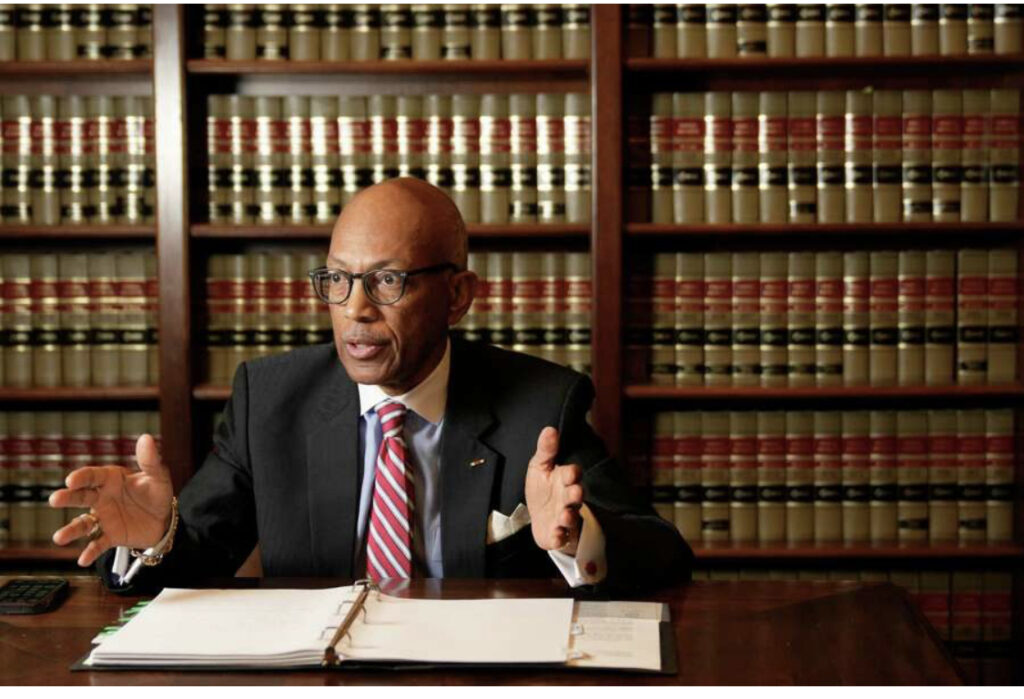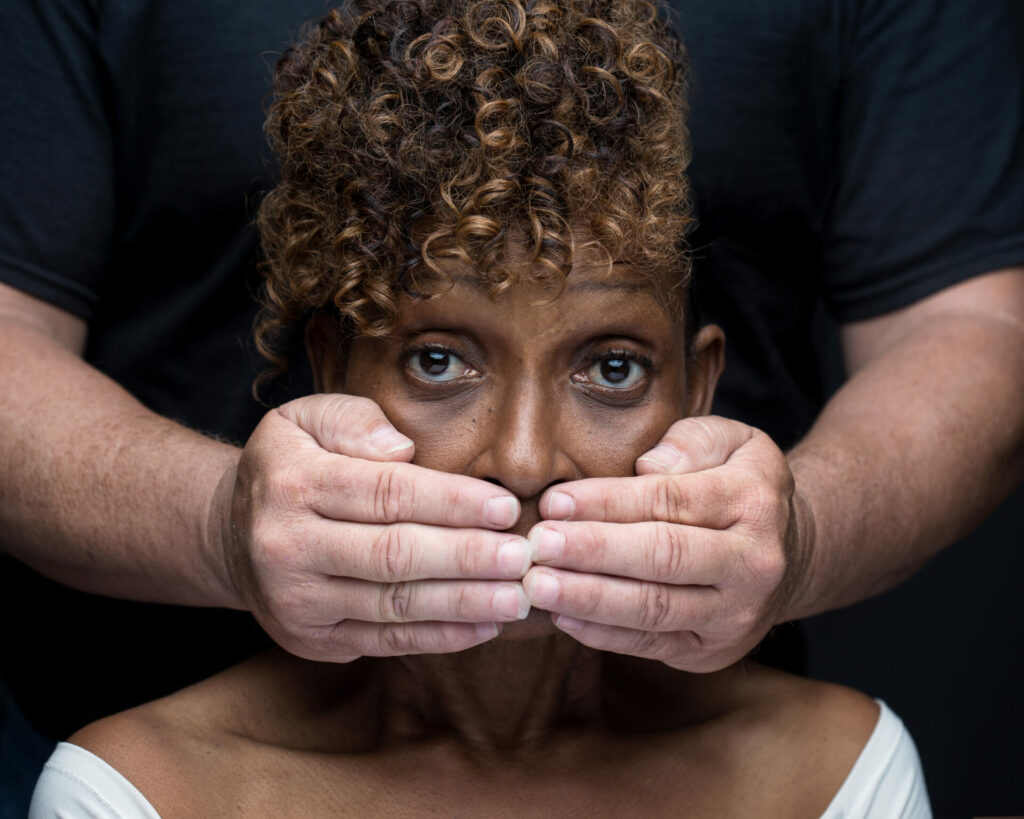Discrimination in the workplace against Black women appears in the form of stereotypes, excessive demands, an absence of mentoring, exclusion from office cliques, being ignored and/or harassed, and assumptions that they are incompetent.
– Black Women Talk About Workplace Stress and How They Cope
By J. Camille Hall, Joyce E. Everett and Johnnie Hamilton-Mason
Discrimination against Black women in the workplace manifests in various ways, including stereotypes, excessive demands, an absence of mentoring, exclusion from office cliques, being ignored and/or harassed and assumptions of incompetence.
When Black women face discrimination, harassment and bullying at work, they often suffer in silence. If it is discussed, it is likely under the protection of Black spaces, whispered in hallways and taken offline. From a mental health perspective, shame and feelings of failure cause some to keep quiet. Professionally, fear of retribution, being blacklisted or being gaslit are reasons many hold their experiences close to the chest. For a chance at a successful career, they are told to “lean in” only to get punched in the face with less pay than their colleagues, fewer opportunities for advancement and stereotypical feedback that they are too aggressive or not a cultural fit. Although dealing with the agony on their own may be the cultural norm, experts recommend that Black women begin sharing what is happening and act against the maltreatment occurring way too often in workplaces across the country.
“Yes, bring it out of the shadows,” says Dr. Angela Neal-Barnett, director, Program for Research on Anxiety Disorders among African Americans (PRADAA) at Kent State University in Ohio. An expert in anxiety and depression in Black women, Neal-Barnett, says it’s important to talk about the experiences whether it’s with a trusted colleague, out in public, with a mental health professional or even an attorney. She believes the silence masks the embarrassment Black women feel from being the ‘successful one’ in their families, and now, for the first time, they are told they are a failure sometimes without proof or truth. “These things are happening to us, and how can we go back to our moms, communities and families and say, this is happening to me?”
According to the LeanIn.org and McKinsey & Company’s 2022 Women in the Workplace survey, many Black women work in fear. They have felt excluded, experienced having their judgment questioned and received comments about their appearance and demeanor at a higher rate than women in other demographics. They also worry more than others that they will be penalized for their mistakes.
“Everyone has biases, but the issue becomes whether that person’s biases are causing them to treat you differently than other people and negatively affecting your career.”
Blatant racism in the workplace can be easier to define. However, when the behavior is covert and filled with microaggressions and nuances, it may be difficult to prove the incidents or feedback are not based on truth but, in fact, fueled by bias.
“Everyone has biases, but the issue becomes whether that person’s biases are causing them to treat you differently than other people and negatively affecting your career,” says Reginald McKamine, attorney in Houston.
Even though filing a complaint with the Equal Employment Opportunity Commission (EEOC) or taking further legal action may be options, it can be a long road that takes months and sometimes years. During the process, many suffer from anxiety, depression and stress-induced medical issues, such as cardiovascular disease, that can cause severe damage over time.
“Regardless of getting a settlement or suing or whatever, our peace is more important than any of that,” says Wilson. “Setting ourselves up to have peace in whatever it is that we do is the first priority.”
Some experts conclude that when Black women suffer in silence, there is no respite in exchange for protecting the company or any promise that finding another job will be easier. Whether Black women tell or keep silent, individuals, companies and organizations that perpetuate hostile work environments may still get away with their behavior that can continue to cause harm for many years. Breaking the foundation of systematic oppression in the workplace will not happen overnight. It is crucial for Black women to focus on themselves and do what is in their best interest mentally, physically and financially. Using their voice can be the first step. “Shame and embarrassment can’t thrive in the light, so you have to tell,” says Neal-Barnett.
If legally filing a complaint and suing is not feasible and would cause unbearable or irreparable mental, physical or financial stress, then sharing the experience with human resources and focusing on negotiating a settlement package may be the best option. “You might just have to feel a little bit of hardship for a few months, if you can, to get that package because they’re likely going to negotiate unless there’s clearly no discrimination,” says Wilson.

attorney


attorney
